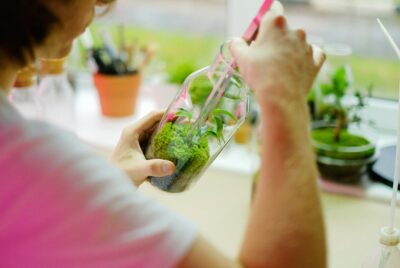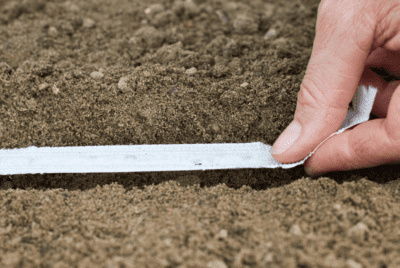RESEARCH
Determining the Effects of a Horticultural Therapy Program for Improving the Upper Limb Function and Balance Ability of Stroke Patients
Summary
The research examines an 18-session horticultural therapy (HT) program designed to aid stroke recovery by incorporating task-oriented training. Conducted in a rehabilitation hospital, the study involved 31 stroke inpatients, with 14 patients participating in HT and 17 in a control group. The HT program included activities such as reaching, grasping, stepping, and squatting, integrated into gardening tasks like planting, watering, and garden maintenance. Results showed significant improvements in upper limb function, grip strength, balance, fall efficacy, and activities of daily living, while also reducing depression in the HT group. In contrast, the control group showed no significant changes.
A key takeaway is that horticultural activities mimic functional motor training, supporting neuroplasticity and motor skill relearning in stroke patients. Additionally, 85.7% of participants reported high satisfaction with the HT program, highlighting its potential as a therapeutic rehabilitation tool. The study advocates for integrating HT into stroke rehabilitation programs, emphasizing its dual benefits for physical recovery and mental well-being. Future research is recommended to explore long-term effects and scalability of horticultural therapy in diverse clinical settings.







